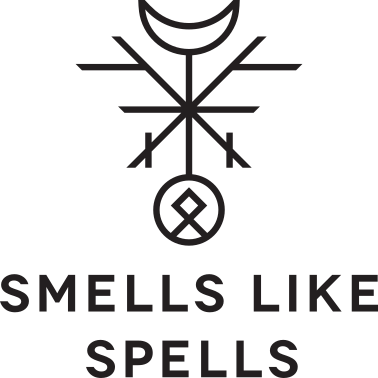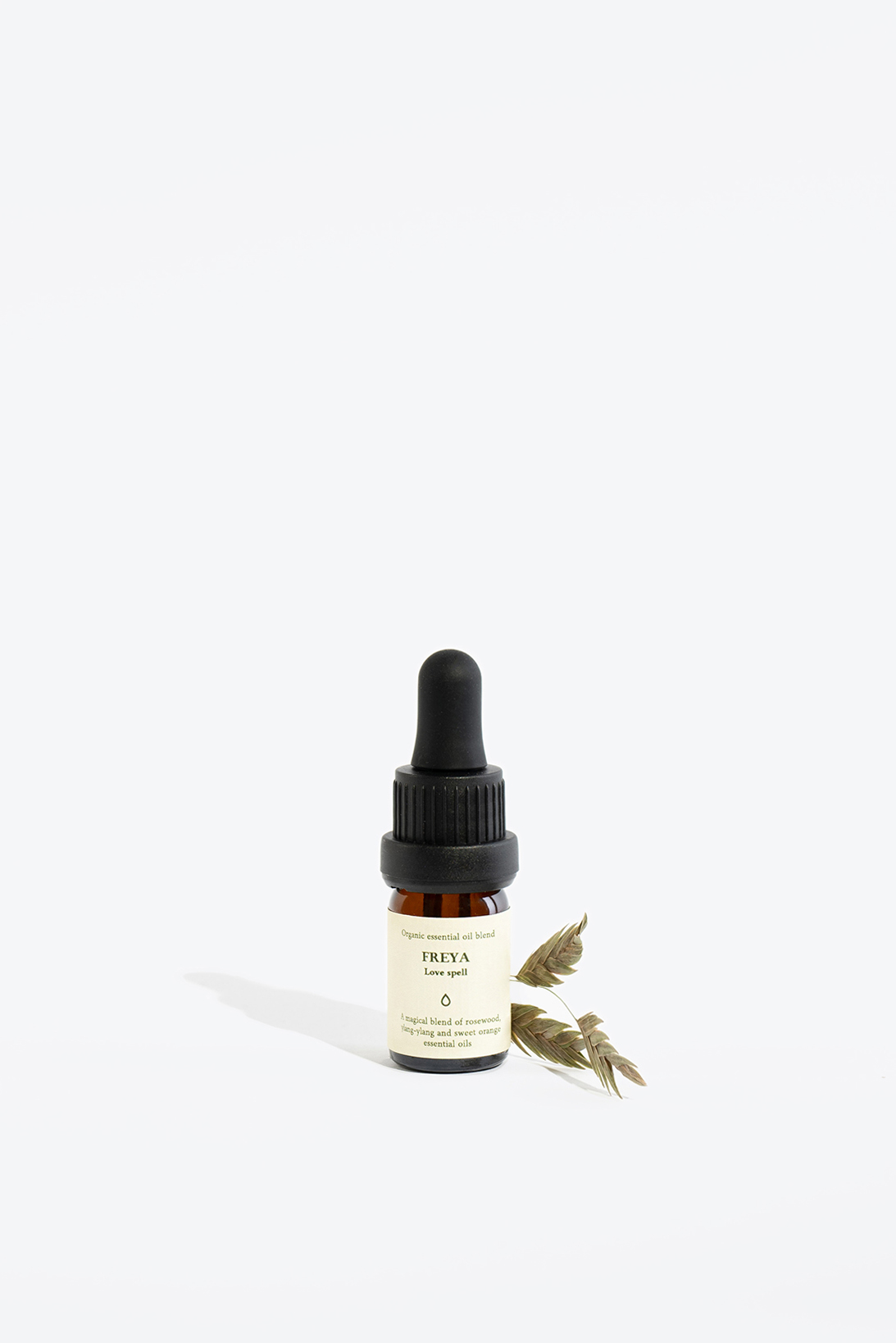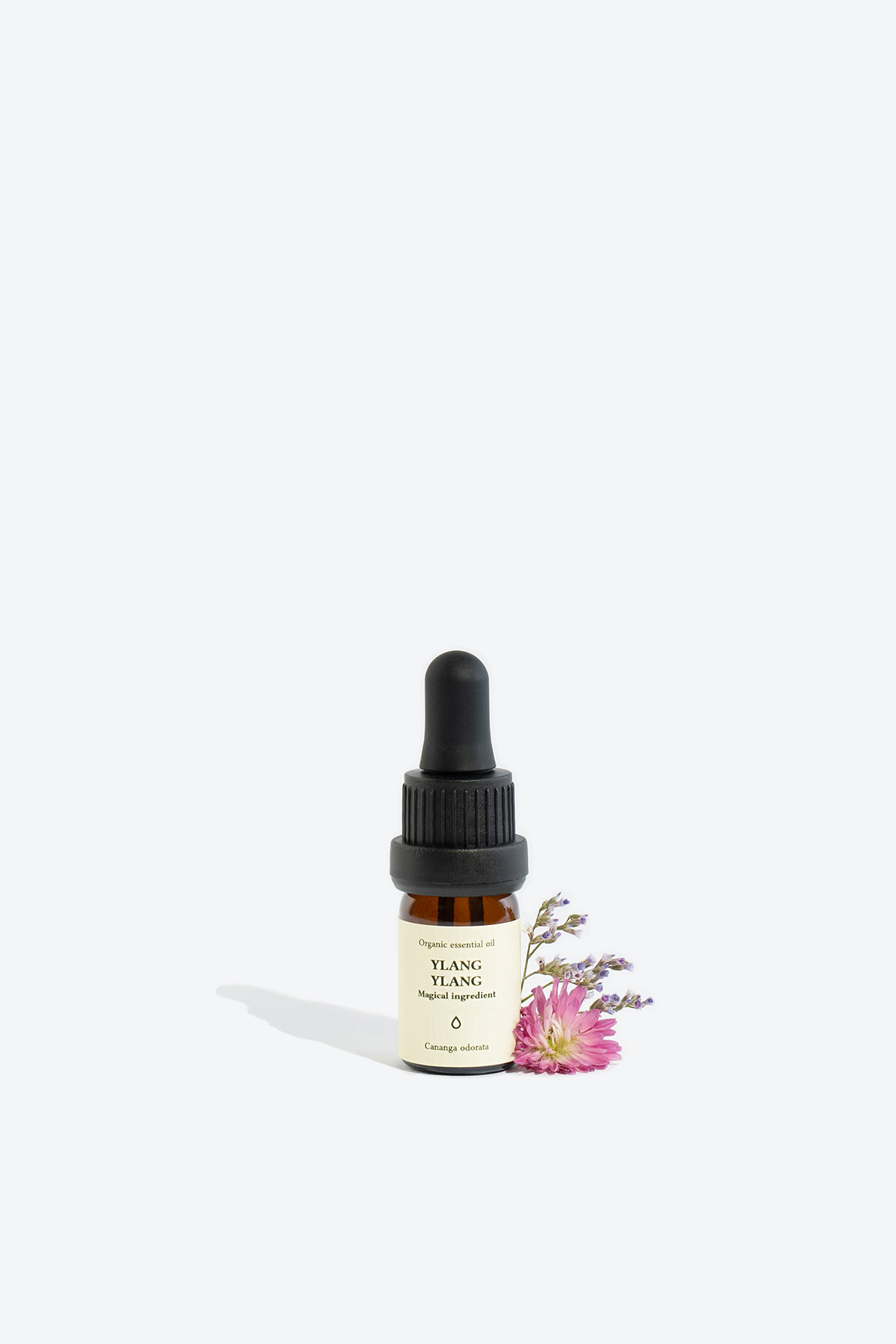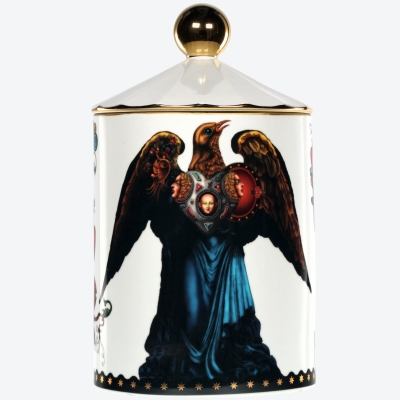Ylang-ylang, scientifically known as Cananga odorata, is a tropical tree native to Southeast Asia, particularly found in countries like Indonesia, Malaysia, and the Philippines. It is highly valued for its fragrant flowers, which have been used for various purposes including perfumery, magic, and aromatherapy.
In perfumery, ylang-ylang oil is widely utilized for its sweet, floral scent with hints of jasmine and neroli, making it a common ingredient in high-end fragrances. The oil is extracted through steam distillation of the flowers, producing different grades ranging from extra to third, each with its unique aroma profile and intensity.
Beyond perfumery, magical flowers is also revered for its mystical and spiritual properties. Ancient beliefs suggest it possesses a stimulating erotic effect and aphrodisiac properties, enhancing sexual desire and intimacy. Folklore touts its ability to improve mood and unveil hidden emotions, making it one of the most romantic and erotic scents known. Moreover, it’s deemed a “Pleasure” oil, attracting love and positivity while bolstering the energy shell and restoring balance to the upper energy centers (chakras). In ancient rituals, the dried plant parts were burned as incense, harnessing its energy to attract love and positivity while aligning and revitalizing the energy centers.
In aromatherapy, ylang-ylang essential oil is treasured for its calming and uplifting effects. It is often diffused or used in massage oils to promote relaxation, reduce stress, and alleviate anxiety. Additionally, it’s said to enhance frigidity and impotence, aiding in intimacy and sensuality.







 Scented candle Northern America Incantations (L)
Scented candle Northern America Incantations (L) 